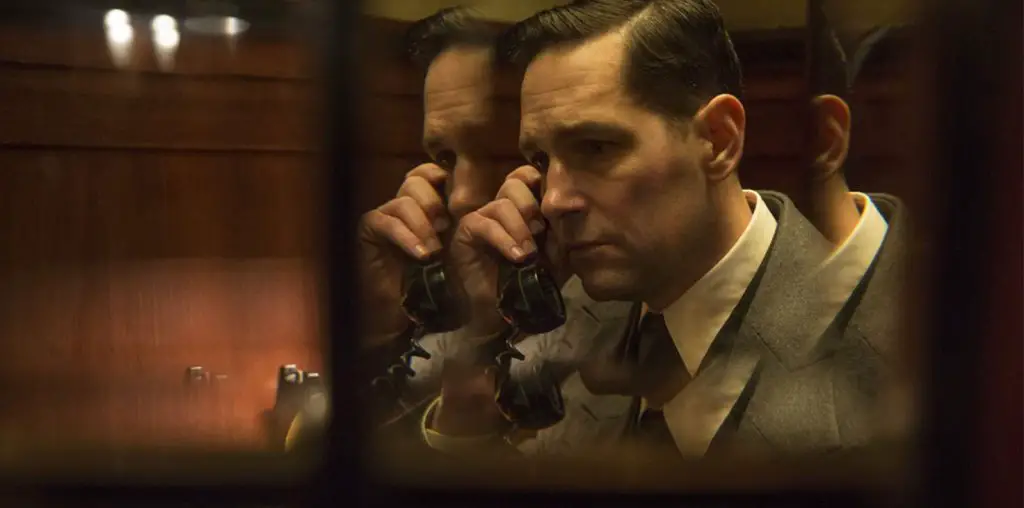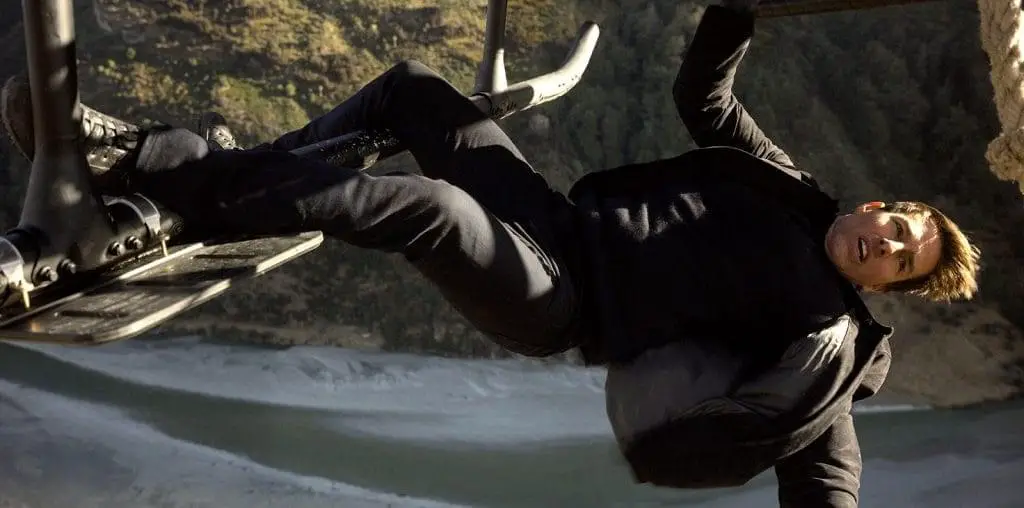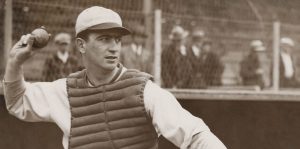
Most people are nesters. They wiggle and squirm through life until they find a nice warm spot to burrow their heads in. For work, it’s as simple as finding something reliable that doesn’t make you completely miserable—a little misery is expected. Moe Berg wasn’t most people. He was an all-star baseball player, a published writer, the Ken Jennings of a 1940s quiz show, a polyglot, and an international spy for the OSS.
With a future like that ahead of him, it may seem strange that Berg started with baseball. When you occasionally hear about these celebrities with high IQs, you can’t help but wonder why they’re wasting time in front of a camera when they could be bringing back the dead, or whatever it is that smart people do. For Berg, it was simple: he was good at baseball, so why not? In his spare time, he was a voracious reader and never let his success make him too comfortable. When America joined the WWII fray, Berg, like many of a healthy age, felt compelled to do something. He ended up being recruited by the OSS (Office of Strategic Services), which officially made him a spy. His intellect rendered him invaluable during the war and even led to him attending a speech in Switzerland by Germany’s most happening physicist, Werner Heisenberg, who may or may not have been working on an atomic bomb. With Berg were a pistol and a cyanide tablet.
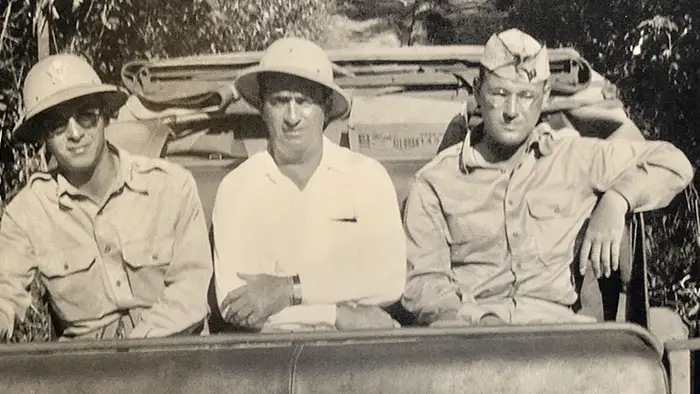
“…an all-star baseball player, a published writer, the Ken Jennings of a 1940s quiz show, a polyglot, and an international spy for the OSS.”
You can’t make this stuff up. Actually, you can—you can make anything up. That’s a stupid thing people say. The plain and simple truth is that Moe Berg’s life lends itself to being told—it rolls off the cinematic tongue. Aviva Kempner, director of The Spy Behind Home Plate, has gathered the heads of those who know Berg best: his family, friends, colleagues, historians, and even Brad Ausmus, because, you know, he played baseball, too. Their stories go a long way in teasing apart the 3-D jigsaw puzzle that Berg presented himself as. There’s a particular story that comes from more than one mouth. When asked about anything even slightly related to his involvement with the OSS, Berg would always answer by quietly putting his finger to his lips. Oh, and he was friends with Chico Marx.
Even though there’s a lot to take in, Kempner divvies out the information in a way that’s logical and easy to follow. Excerpts from old movies are thrown in when it makes some kind of contextual sense. It’s always a welcome surprise when Brian Donlevy pops up out of nowhere—check your local listings for 1939’s Beau Geste, if you’re into good movies. There’s also a lot of surprisingly pristine footage of Berg himself, including some great shots of him on a boat to Japan with Babe Ruth.
Moe Berg lived out every little boy’s dream: baseball player by day, secret agent by night. The only thing missing is a butler that serves twinkies in one of those fancy plates with the big lid.
Moe Berg’s life was dramatized in The Catcher Was a Spy.
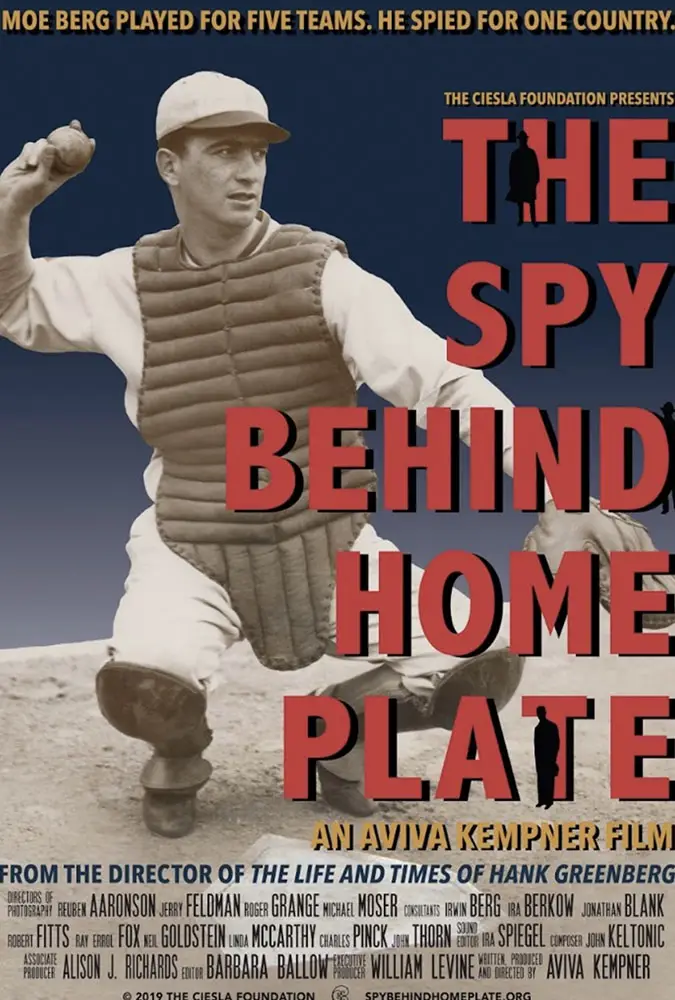
"…lived out every little boy’s dream: baseball player by day, secret agent by night."
